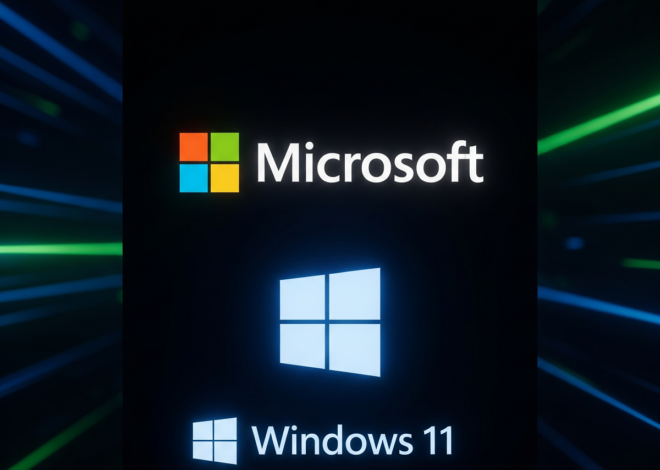
U.S. Escalates Pressure on China’s Chipmaker SMIC Amid Geopolitical Tensions
- The Biden administration has cracked down on Chinese tech giant SMIC by restricting American suppliers from selling them equipment.
- This move intensifies tensions between the US and China and raises worries about the future of the global semiconductor industry, which heavily relies on American technology and faces ever-changing export rules.
In a bid to curb China’s technological advancements, the Biden administration has intensified actions against Semiconductor Manufacturing International Corp (SMIC), a sanctioned chipmaker, by severing its ties with American suppliers.
U.S. Commerce Department Issues Suspension Letters to Companies
Last year, the Commerce Department sent numerous letters to U.S. suppliers to SMIC, suspending their permission to sell to its most advanced plant, SMIC South, after it produced a sophisticated chip for Huawei’s Mate 60 Pro phone. While some companies had already halted sales to SMIC South, the Commerce Department’s letters halted millions of dollars worth of shipments, prompting scrutiny and backlash.
Also Read: China’s Market Chasm: A $38 Trillion Gulf Emerges with US Stocks
Entegris Reacts, Industry Feels Impact
One of the affected suppliers, Entegris, stated that it complied with a valid export license for its shipments to SMIC South and ceased operations upon receiving the Commerce Department’s suspension letters. This move reflects the evolving regulatory landscape affecting international trade in the chip industry, with ramifications for companies reliant on Chinese markets.
The suspension of licenses underscores the Biden administration’s efforts to restrict U.S. technology access for Chinese companies like SMIC and Huawei, amid ongoing geopolitical tensions. However, critics argue that these measures are insufficient, with some lawmakers criticizing the Commerce Department for delayed action and raising doubts about its ability to fulfill national security objectives.
Impact on SMIC and U.S. Export Regulations
SMIC, heavily reliant on U.S. technology, faces disruptions in its supply chain, potentially impacting its production capabilities for several months. While the company may seek alternative suppliers from China and other countries, the sudden cutoff highlights the vulnerability of Chinese chipmakers to U.S. export regulations and underscores the challenges posed by evolving geopolitical dynamics.
Experts suggest that SMIC South’s production halt could have significant repercussions for the semiconductor industry, given its pivotal role in manufacturing advanced chips like those powering Huawei’s Mate 60 Pro phone. The incident highlights the intricate interplay between international trade policies, technological dependencies, and geopolitical rivalries shaping the semiconductor landscape.


